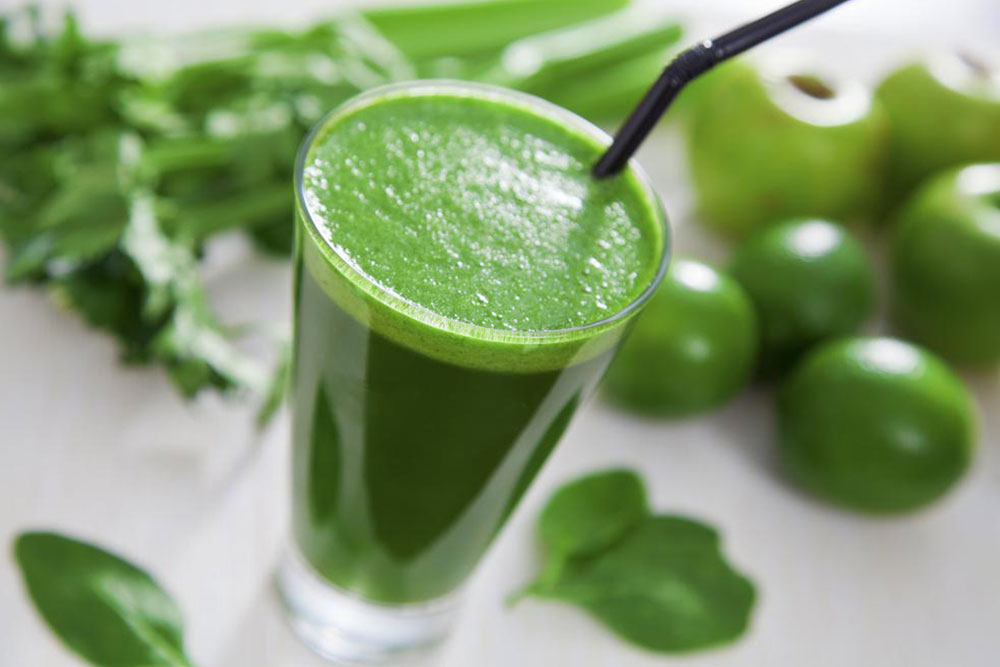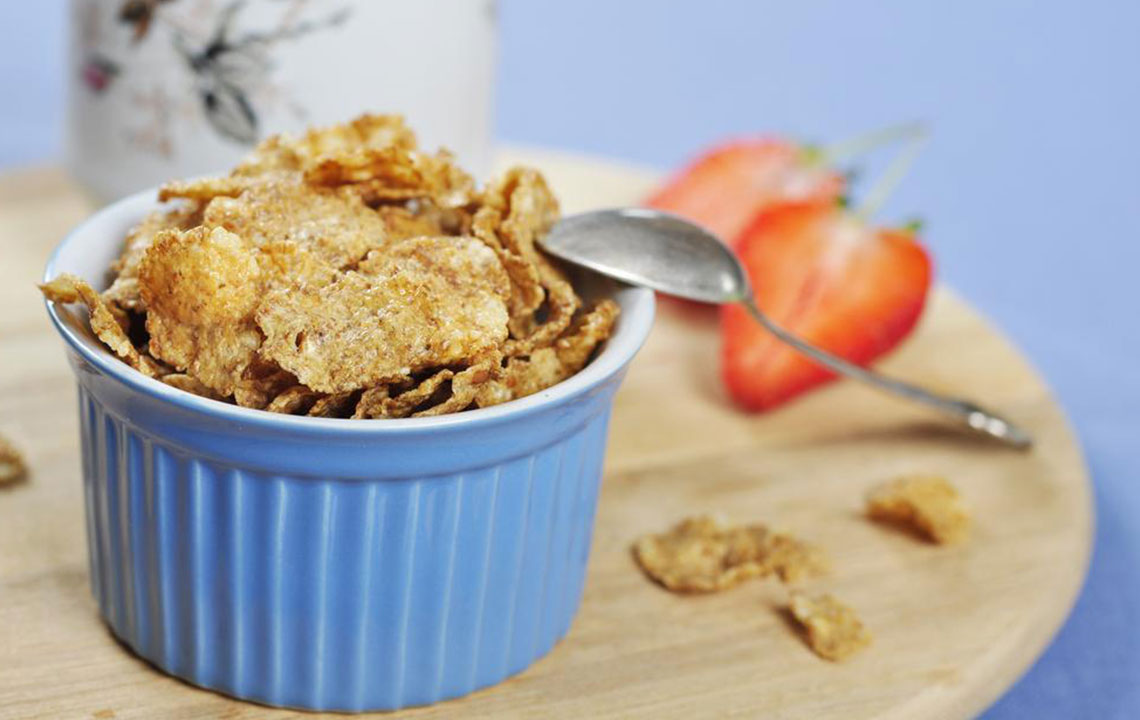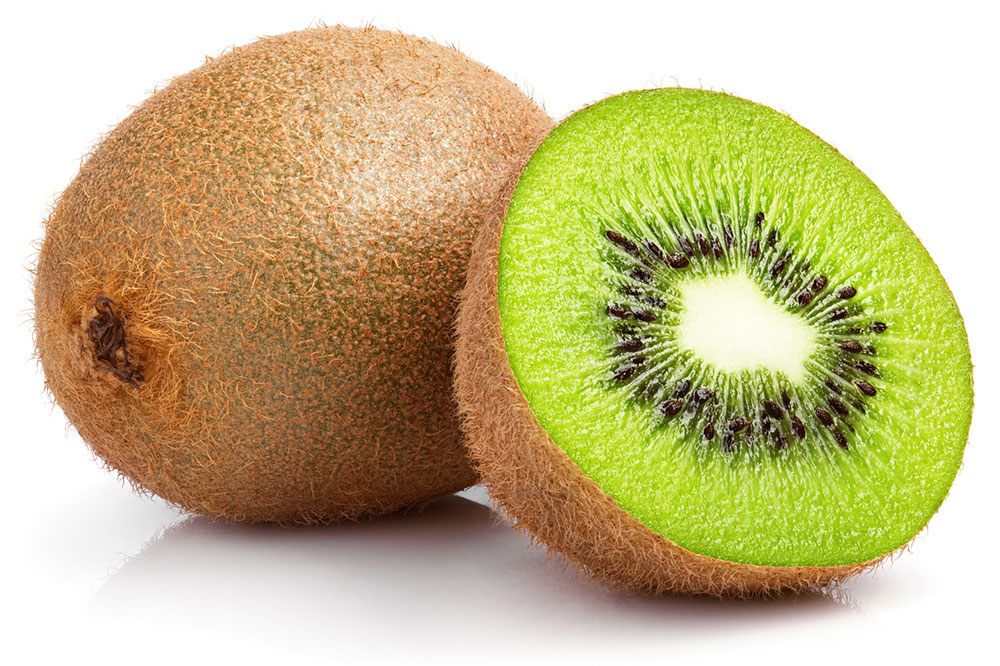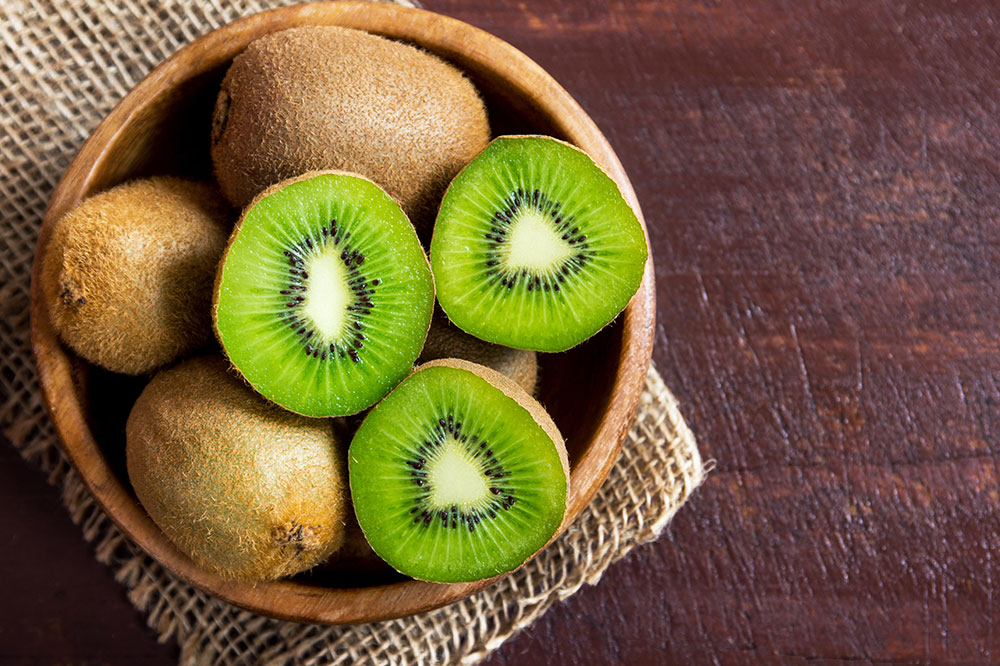Natural Remedies: Top 10 Foods That Effectively Relieve Constipation
Discover how incorporating natural, fiber-rich foods like broccoli, whole grains, legumes, and fruits into your diet can effectively relieve constipation. Learn practical tips and healthy recipes to promote regularity and improve your digestive health naturally. Addressing constipation with dietary adjustments is safe, cost-effective, and benefits overall well-being, especially when combined with adequate hydration and physical activity.
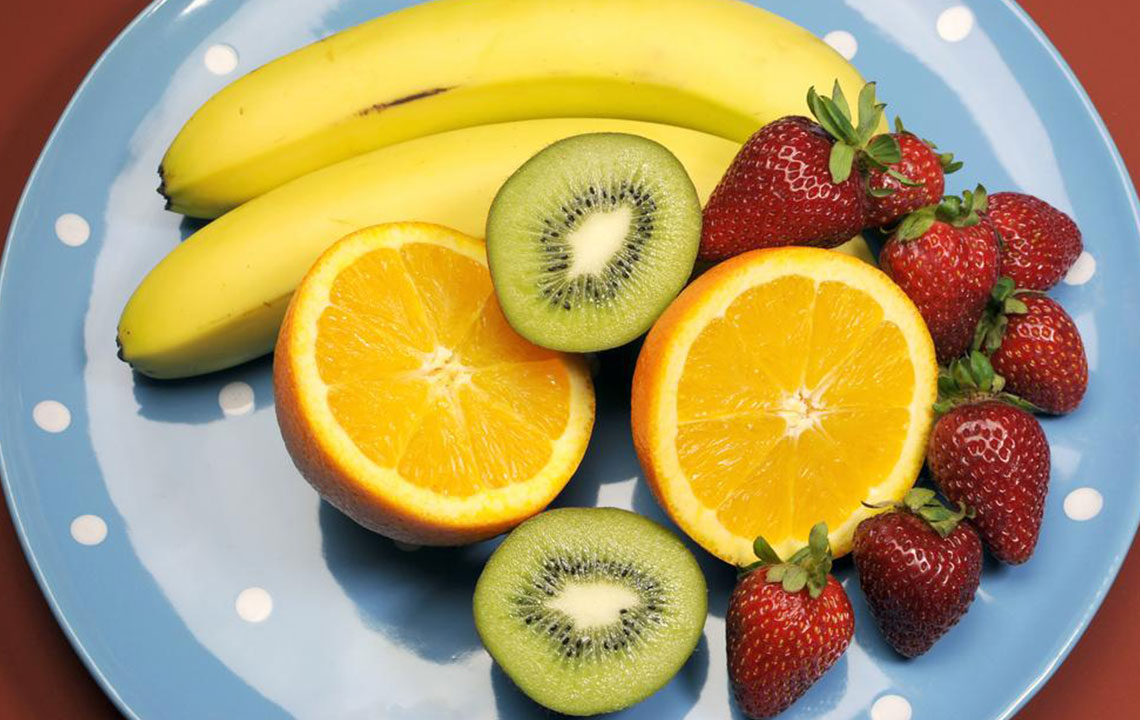
Comprehensive Guide to the Top 10 Foods That Naturally Combat Constipation
Constipation is a common digestive issue that affects millions worldwide, leading to discomfort, bloating, and irregular bowel movements. While it might seem like a minor inconvenience, persistent constipation can significantly impact quality of life. Fortunately, adjusting your diet by incorporating specific foods can provide a safe, natural, and effective way to alleviate constipation without resorting to pharmaceuticals. For cases where constipation persists longer than a week, or if symptoms include severe pain, bleeding, or other concerning signs, it is essential to consult a healthcare professional for proper assessment and treatment.
Understanding the role of diet in digestive health is crucial. Constipation is typically characterized by fewer than three bowel movements per week and often results from inadequate fiber intake, dehydration, or a sedentary lifestyle. A diet low in fiber causes stool to become hard and difficult to pass, leading to discomfort and potential complications like hemorrhoids. Increasing fiber intake gradually, coupled with adequate hydration, stimulates intestinal motility and promotes regularity.
Incorporating fiber-rich foods into your daily meals can profoundly improve bowel health. Fiber adds bulk to stool and retains water, softening it and facilitating smoother bowel movements. Here, we explore ten beneficial foods that can be easily integrated into your diet to help combat constipation naturally, supporting overall gut health and enhancing your well-being.
Broccoli: A Fiber-Packed Superfood for Digestion
Broccoli is not only rich in essential nutrients but also stands out as a powerful food for promoting digestive health. Its high fiber content helps increase stool bulk and speeds up transit through the digestive tract, thus alleviating constipation. Cooking methods like steaming or baking preserve most of its fiber and nutrients, while raw broccoli in salads offers an even higher retention of its beneficial properties. Including broccoli regularly in your diet can significantly support bowel regularity and overall gut health.
Whole Grains: Heart-Healthy Ingredients to Promote Regularity
Opting for whole grains such as brown rice, whole wheat bread, oats, and whole-grain pasta introduces a substantial amount of dietary fiber into your meals. Whole grains are low in fat and high in complex carbohydrates, which promote efficient digestion and sustained energy release. These foods help bulk up stool and facilitate smoother bowel movements. Replacing refined grains with whole grains is a simple yet effective dietary change to prevent and relieve constipation over time.
Legumes: Protein and Fiber Powerhouses
Legumes—including kidney beans, chickpeas, lentils, and black beans—are among the best sources of dietary fiber. They also provide plant-based protein, making them an excellent addition to vegetarian or balanced diets. Legumes contribute significantly to stool softening and increase bowel movement frequency due to their high fiber content. Incorporate them into soups, salads, stews, or as side dishes to enjoy their digestive benefits regularly.
Fiber-Enriched Cereals: A Quick Morning Remedy
Starting your day with a bowl of high-fiber cereal can set the tone for better digestion. Choose cereals that contain at least 5 grams of fiber per serving and are low in added sugars. Whole grain cereals, oat-based options, or bran flakes support gut health by ensuring sufficient fiber intake early in the day. Pairing cereal with water or milk further promotes water intake, assisting in stool softening and bowel movement facilitation.
Fruits Like Apples, Pears, and Plums: Nature’s Laxatives
Fruits such as apples, pears, and plums are rich in dietary fiber, especially when eaten with their skins. These fruits also contain natural sugars and sorbitol, which act as gentle laxatives. Daily consumption of these high-fiber fruits can improve gut motility, reduce bloating, and promote regularity. For added benefit, dried versions like prunes—known for their natural laxative effect—can be consumed in moderation to enhance stool softness.
Baked Potatoes: A Nutritious Fiber Source
Baking potatoes, particularly sweet potatoes, provides a hearty, fiber-rich snack that supports digestive health. Unlike fried or processed potato dishes, baked potatoes retain most of their fiber content and avoid added fats and preservatives. Seasoned with herbs or minimal salt, baked potatoes serve as a satisfying, nutrient-dense food that can help promote bowel movements naturally.
Nuts: Fiber and Healthy Fats for Better Digestion
Nuts like almonds, walnuts, and pistachios are packed with dietary fiber, healthy monounsaturated fats, and other essential nutrients. When consumed in moderation, nuts can help lubricate the digestive system, easing stool passage and reducing constipation symptoms. Incorporating a small handful into your daily diet—such as sprinkling on yogurt, salads, or eating as a snack—can contribute to improved gut health and overall nutritional status.
Berries: Low-Calorie, High-Fiber Snacks
Strawberries, blueberries, raspberries, and blackberries are not only rich in antioxidants but also high in dietary fiber. Their low-calorie profile makes them an ideal snack to support digestion while maintaining weight management. Adding berries to cereals, smoothies, or desserts enhances fiber intake, stimulates bowel movements, and provides a delicious way to combat constipation naturally.
Popcorn: A Whole Grain Snack for Digestive Comfort
Plain, air-popped popcorn is a whole grain that provides a decent amount of fiber with minimal calories and additives. When prepared without excessive butter, salt, or artificial toppings, popcorn can be a satisfying and healthy snack to promote regular bowel movements. Its high fiber content contributes to stool bulk, easing constipation and supporting overall gut health.
Dried Fruits: Potent Natural Laxatives
Fruits like dried apricots, figs, and raisins contain sorbitol—a natural sugar alcohol known for its mild laxative properties. These dried fruits are also high in fiber, which helps soften stool and facilitate easier bowel movements. Due to their calorie density, moderation is key. Incorporate small portions into cereals, salads, or snacks to harness their stool-softening benefits without overdoing calorie intake.
In summary, adopting a diet rich in these ten foods can help you naturally overcome constipation. Remember to increase fiber gradually to avoid bloating and ensure sufficient hydration by drinking plenty of water throughout the day. Combining dietary changes with regular physical activity can significantly improve gut health. For persistent or severe symptoms, always seek medical advice to rule out underlying health issues and discuss appropriate treatment options.
